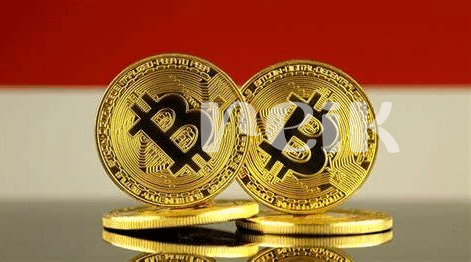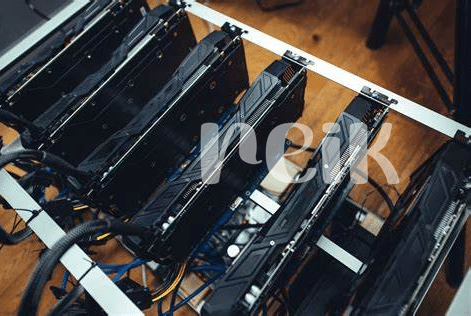Legal Requirements 📜

Legal requirements are essential for Bitcoin mining operators in Indonesia to adhere to, ensuring compliance with local laws and regulations. These regulations cover aspects such as licensing, taxation, and reporting obligations to relevant authorities. Understanding and fulfilling these legal obligations not only safeguard the operator’s business but also contribute to a transparent and sustainable cryptocurrency ecosystem within the country.
By upholding the legal requirements set forth by Indonesian authorities, Bitcoin mining operators demonstrate their commitment to operating responsibly and ethically. Compliance with these regulations not only fosters trust among stakeholders but also paves the way for the continued growth and integration of cryptocurrency technologies in the local market.
Environmental Impact 🌱
In the realm of Bitcoin mining operations, the environmental impact is a crucial consideration that cannot be overlooked. The energy-intensive nature of mining activities raises concerns about the carbon footprint and overall sustainability of the process. As miners consume significant amounts of electricity, largely sourced from non-renewable fossil fuels, the industry has faced criticism for contributing to greenhouse gas emissions and environmental degradation. It is imperative for mining operators to explore ways to mitigate their environmental footprint, such as incorporating renewable energy sources, adopting energy-efficient practices, and supporting initiatives for environmental conservation. Striking a balance between profitability and environmental responsibility is essential for the long-term viability of Bitcoin mining operations.
Social Responsibility 🤝

Social Responsibility is a crucial aspect that Bitcoin mining operators need to prioritize. It involves actively engaging with local communities, supporting social initiatives, and ensuring fair labor practices. By promoting education and job opportunities, mining operators can contribute positively to the areas they operate in. Building strong relationships with stakeholders and demonstrating ethical business conduct can enhance trust and create a sustainable environment for both the company and the community. Embracing social responsibility goes beyond mere compliance; it showcases a commitment to making a meaningful impact beyond the bottom line.
Financial Obligations 💰

Bitcoin mining operators have a significant role in ensuring financial obligations are met in compliance with Indonesian laws. This includes transparent reporting of revenue, payment of taxes, and adherence to financial regulations set by the government. By fulfilling these obligations, operators not only contribute to the country’s economy but also demonstrate their commitment to operating ethically and responsibly within the regulatory framework. Understanding and meeting financial responsibilities are crucial aspects of maintaining a sustainable and legal bitcoin mining operation in Indonesia.
For more insights on the legal aspects of bitcoin mining in different countries, including compliance regulations, you can explore “is mining of bitcoin legal in haiti?” in this informative article on wikicrypto.news.
Regulatory Compliance 🚦
Blockchain technology has surged in popularity, presenting new challenges for regulatory compliance. Bitcoin mining operators in Indonesia must navigate a complex web of laws to ensure adherence to legal frameworks. Compliance with these regulations not only fosters trust but also underlines a commitment to operating ethically within the sector. By diligently following these requirements, operators contribute to a healthy ecosystem that upholds the integrity of the industry. As the regulatory landscape evolves, ongoing vigilance and proactive measures will be key to maintaining compliance standards and fostering sustainable growth in the Bitcoin mining sector.
Data Security Measures 🔒

When it comes to ensuring the safety and integrity of operations, implementing robust data security measures is paramount. Bitcoin mining operators must prioritize the protection of sensitive information and digital assets from potential cyber threats and breaches. This includes implementing encryption protocols, regular security audits, and employing secure authentication processes to safeguard against unauthorized access and data leaks. By investing in cutting-edge technology and dedicating resources to maintaining a secure network infrastructure, mining operators can uphold the trust of their stakeholders and ensure the long-term sustainability of their operations.
is mining of bitcoin legal in honduras?
